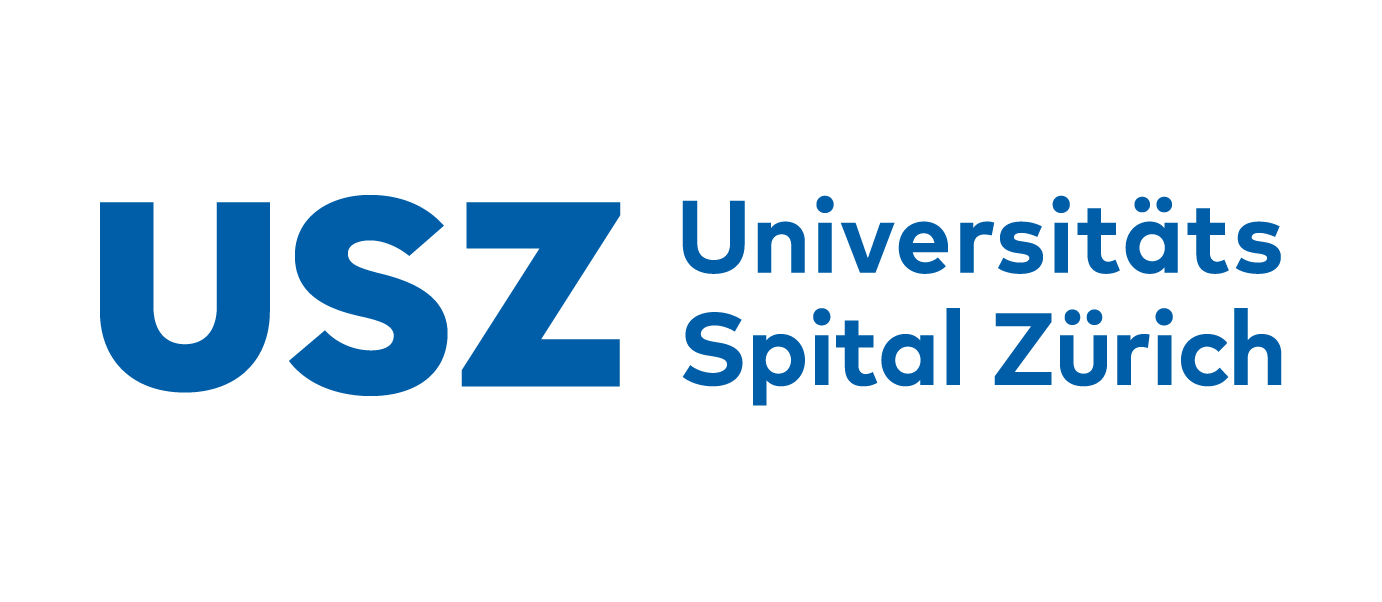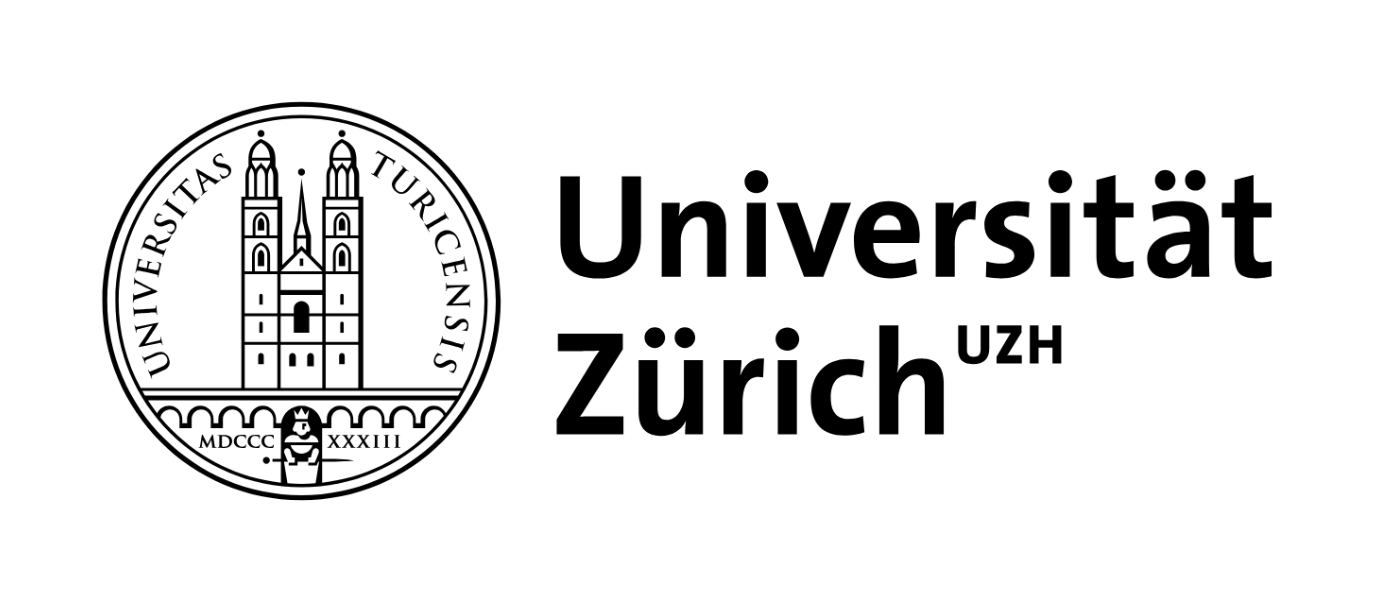EASE – Early Adolescent Skills for Emotions
A psychological intervention for children, young people, parents and accompanying persons
According to the UNHCR, over 40% of all refugees worldwide are children and young people. In the context of the current war in Ukraine, this figure is even more than half of all those affected. With a view to providing scalable care for this particularly vulnerable target group, the WHO has developed evidence-based, psychologically low-threshold, transdiagnostic procedures for “amateur helpers”.
The result is EASE, Early Adolescent Skills for Emotions. A program that aims to support children and adolescents aged 9–15 in dealing with everyday difficulties (e.g. symptoms of depression, anxiety and grief).
The program is carried out in groups of 6–10 people, with seven 90-minute sessions for children and young people and three 90-minute sessions for parents and accompanying persons.
Specially trained lay people act as trainers, which enables the program to be scaled up effectively and cost-effectively.
Content for children and young people:
- Understanding my feelings (psychoeducation & emotion recognition)
- Calming my body (stress management & breathing techniques)
- Change my behavior (behavioral activation)
- Overcoming my problems (problem-solving strategies)
- Better future (maintenance and relapse prevention)
Content for parents and accompanying persons:
- Understanding sadness, worries & stress (psychoeducation, active listening)
- Strengthening self-confidence (praise, consideration, resources)
- Self-care & a better future (stress management, relapse prevention)
As part of the SPIRIT project, the Outpatient Clinic for Torture and War Victims at the University Hospital Zurich is the first implementation partner to receive access to EASE from the WHO.
The first step in this process was to test and validate an official Ukrainian-language version of the manual, which will be available on the WHO website in the coming weeks. A training of trainers was carried out together with the WHO, further trainings of helpers are planned and implementation will begin soon; the first cooperation partners already exist. The SPIRIT team is currently translating and validating EASE into 5 additional languages.


